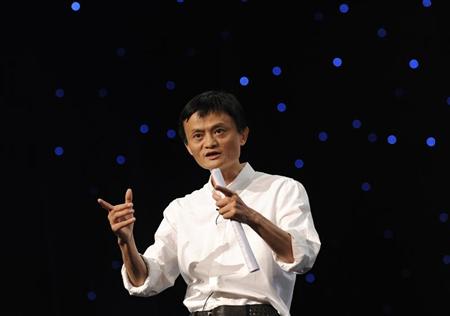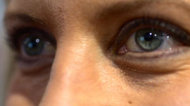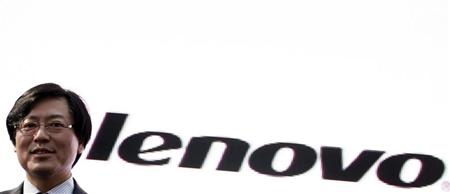Kim Dotcom, founder of outlawed file-sharing website Megaupload, said his new "cyberlocker" was not revenge on U.S. authorities who planned a raid on his home, closed Megaupload and charged him with online piracy for which he faces jail if found guilty.
Dotcom said his new offering, Mega.co.nz, which will launch on Sunday even as he and three colleagues await extradition from New Zealand to the United States, complied with the law and warned that attempts to take it down would be futile.
"This is not some kind of finger to the U.S. government or to Hollywood," Dotcom told Reuters at his sprawling estate in the bucolic hills of Coatesville, just outside Auckland, New Zealand, a country known more for sheep, rugby and the Hobbit than flamboyant tech tycoons.
"Legally, there's just nothing there that could be used to shut us down. This site is just as legitimate and has the right to exist as Dropbox, Boxnet and other competitors," he said, referring to other popular cloud storage services.
His lawyer, Ira Rothken, added that launching the site was compliant with the terms of Dotcom's bail conditions. U.S. prosecutors argue that Dotcom in a statement said he had no intention of starting a new internet business until his extradition was resolved.
CODES AND KEYS
Dotcom said Mega was a different beast to Megaupload, as the new site enables users to control exactly which users can access uploaded files, in contrast to its predecessor, which allowed users to search files, some of which contained copyrighted content allegedly without permission.
A sophisticated encryption system will allow users to encode their files before they upload them on to the site's servers, which Dotcom said were located in New Zealand and overseas.
Each file will then be issued a unique, sophisticated decryption key which only the file holder will control, allowing them to share the file as they choose.
As a result, the site's operators would have no access to the files, which they say would strip them from any possible liability for knowingly enabling users to distribute copyright-infringing content, which Washington says is illegal.
"Even if we wanted to, we can't go into your file and snoop and see what you have in there," the burly Dotcom said.
Dotcom said Mega would comply with orders from copyright holders to remove infringing material, which will afford it the "safe harbor" legal provision, which minimizes liability on the condition that a party acted in good faith to comply.
But some legal experts say it may be difficult to claim the protection if they do not know what users have stored.
The Motion Pictures Association of America said encrypting files alone would not protect Dotcom from liability.
"We'll reserve final judgment until we have a chance to analyze the new project," a spokesman told Reuters. "But given Kim Dotcom's history, count us as skeptical."
The German national, who also goes by Kim Schmitz, expects huge interest in its first month of operation, which would be a far cry from when Megaupload went live in 2005.
"I would be surprised if we had less than one million users," Dotcom said.
A YEAR ON
Mega's launch starts the next chapter of the Dotcom narrative, dotted with previous cyber crime-related arrests and whose twists and turns have been scrutinized by all facets of the entertainment industry, from film studios and record labels to internet service companies and teenage gamers.
The copyright infringement case, billed as the largest to date given that Megaupload in its heyday commanded around four percent of global online traffic, could set a precedent for internet liability laws and depending on its outcome, may force entertainment companies to rethink their distribution methods.
A year on, the extradition hearing has been delayed until August, complicated by illegal arrest warrants and the New Zealand government's admission that it had illegally spied on Dotcom, who has residency status in the country.
Last January, New Zealand's elite special tactics forces landed by helicopter at dawn in the grounds of Dotcom's mansion, worth roughly NZ$30 million ($25.05 million) and featuring a servants' wing, hedge maze and life-size statues of giraffes and a rhinoceros, to arrest him and his colleagues at the request of the FBI.
Police armed with semi-automatic weapons found Dotcom cowering alone in a panic room in the attic, while outside, a convoy of police cars and vans pulled up in the driveway. Around 70 officers took part in the raid.
They left with computers, files and some of Dotcom's fleet of Rolls-Royces, Mercedes and a vintage pink Cadillac tricked with personalized license plates screaming "HACKER", "EVIL", and "MAFIA".
"Every time you hear a helicopter, you automatically think, 'Oh, another raid', so it's something that stays with you for a long time," said Dotcom, who says he and his wife still panic when they hear sudden, loud noises in the house.
Dotcom was coy about the details of the launch party as builders put the finishing touches to a festival-sized concert stage in the mansion's grounds, while two helicopters circled overhead.
But if the impromptu, Willy Wonka-styled ice cream social he threw in Auckland earlier in the week is any indication, the party could be a more wholesome affair compared with the well-documented soirees of Dotcom's past, where nightclubs, hot tubs and scantily clad women were a common fixture.
"I had to grow up, you know, I was a big baby," he said. "Big baby with too much money usually leads to baby craziness.
"I am going to be more of a person that wants to help to make things better and help internet innovation to take off without all these restrictions by governments. That is going to be my primary goal if this business is successful."














